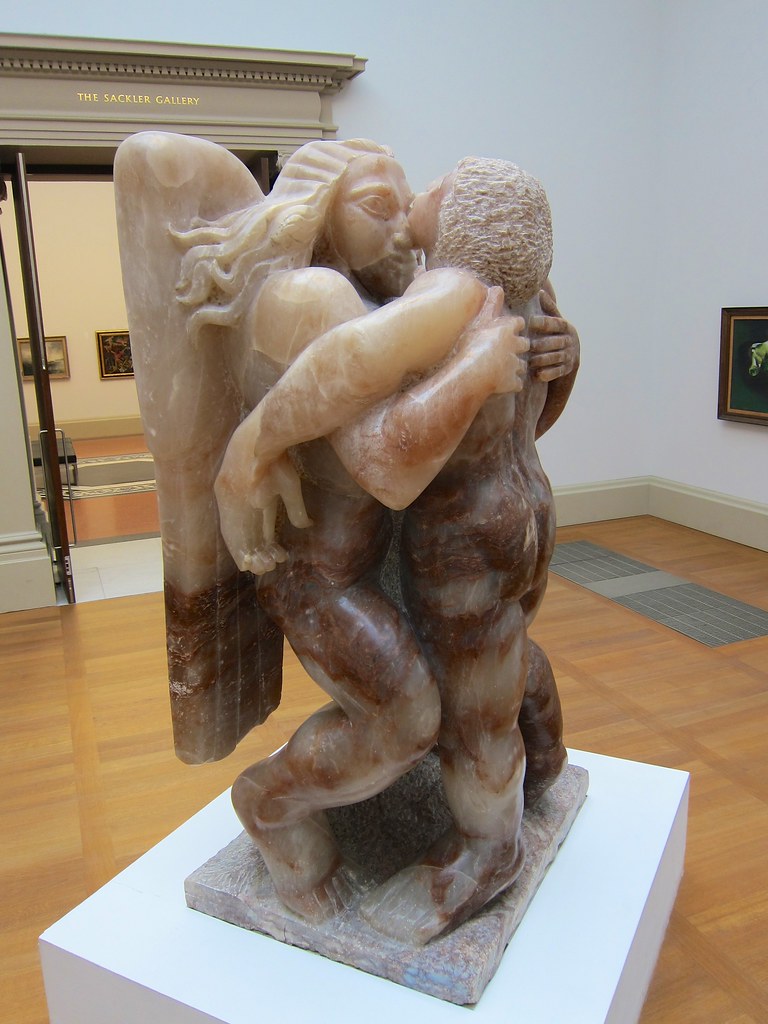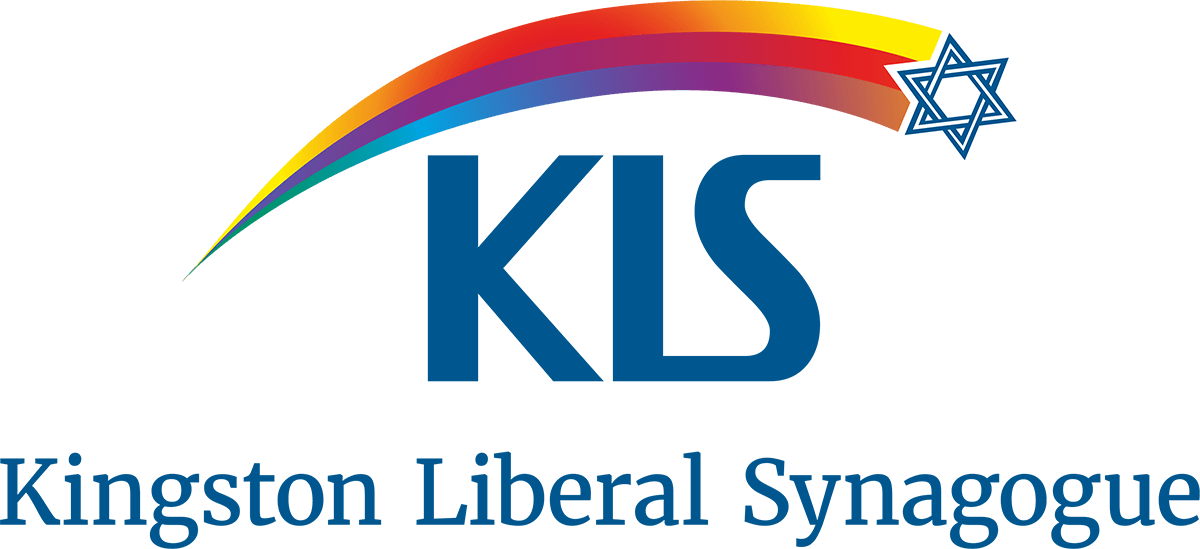Rabbi René’s D’var Torah on Parashat Vayishlach
I would like to start with a quote in Shakespeare’s Tempest, a line said by Prospero, that goes like this, “We are all made of dreams, and our life stretches from sleep before birth to sleep after death”.
Dreams are a window into our unconscious, this part of our mind that we can only access under certain circumstances. We have very little control over it, and yet, the unconscious is our best ally. It contains the sum of all the experiences of our life; when we investigate it with therapy or meditation, we can touch what really drives us. If we manage to connect with our unconscious, we understand ourselves better; we gain more control over our conscious life.
Of course, for the Ancients, dreams meant something else. In the Bible for example, dreams were messages coming from a higher power, and prophecies were said to stem from the prophet’s dreams. They were a gateway between our world and the higher levels of the universe.
Last week, we read Jacob’s dream of a ladder which feet were on the ground and head reached heavens. In a humble place where Jacob laid and slept, he had the vision of channels between our world and the heavenly places. “God was in this place, and I didn’t know it”, said Jacob when he woke up (Gen. 28: 16).
Later Jacob, on the eve of his reunion with his brother Esau, who has previously sworn to kill him, sent his family ahead of him across the Jabbok River. There, Jacob was left alone, “and a man wrestled with him until the break of dawn” (Gn. 32: 25). Was it a dream? Did it really happen, or was Jacob in this half-asleep half-awake state we find ourselves in in the middle of the night when we are not fast asleep? Something transformational happened to Jacob in this remote place. After a fight that lasted a whole night, he gained a new name, Yisrael, the One who Wrestled with God, but he was also left with a wounded hip, which left him limping the rest of his life.

Who was this ish, this man with whom he wrestled? Of Jacob, prophet Hosea said, “in the womb, he grasped his brother’s heel; as a man, he struggled with God. He struggled with the angel and overcame him; he wept and begged for his favour” (Hosea 12: 3 – 4). Hosea started a tradition that identifies this ish with an angel of God. For Rashi, it was Esau’s guardian angel who fought with Jacob. But maybe Jacob was wrestling with himself, confronting his inner truth?
At the end of the night, when this being saw that he couldn’t overcome Jacob, he touched the socket of Jacob’s hip and hurt him. Then, he asked, “let me go, for it is daybreak”. Jacob replied, “I will not let you go unless you bless me”. The man asked him, “what is your name?”. “Jacob”, he answered. Then the man said to him, “your name will no longer be Jacob, but Israel, because you have struggled with God and with humans (ki sarita im Elohim v’im anashim) and you prevailed” (vv. 25-29). Why this sudden passage from the singular ish to the plural Elohim and anashim?
It refers to a deeper fight. It is not only with one human being, but with all the people that live inside him that Jacob wrestled. Like him, we ask ourselves, where is my place in the universe? Where is my place in my family, in my community, in my society? How do I embrace all these people who live inside me? We live indeed in an endless network of connections and relationships that define who we really are. No human being lives in complete isolation, and each encounter changes us forever. Sometimes, we get hurt; sometimes, we get limitations from others. The space where you and I meet is the place of the encounter, and also the place of the transformation. Each conversation we have, each people we meet on our journey, each new thought we receive from outside change us within.
And Jacob called this place Peniel, the face of God because, says Jacob, “I saw God face to face (panim al panim) and yet my life was spared” (Gn. 32: 30).
Jacob was alone, frightened by what may happen when he meets his brother Esau; he is left with no possession on the shore of a ford, almost naked with himself, and he encounters himself, it is the moment of truth. We may not like what we see when we look inside our soul, but it is the only way to be ready when the day breaks to face what lays ahead. Jacob approached his brother Esau with humility. They found peace and reconciliation because Jacob went on this journey of self-truth. The story can now continue. Jacob, reconciled with his brother, whom he cheated and wronged, can now accomplish his destiny, have his last two children, Joseph, and Benjamin, and allow the next generation to grow.
Jacob wrestled with the divine in him. He became Israel, the one who will struggle and question God forever. In order to become Israel, he had to confront his harsh truth and to leave behind the old self, who died one night by the river Jabbok. Jacob is a human being, with his heights and lows, with his certainties and doubts, and he gets hurt, because this is what life does to us, it hurts, but it is also a fascinating journey of self-discovery, never achieved, always in progress.
“Jacob and the Angel” by Joe Shlabotnik is licensed under CC BY-NC-SA 2.0
